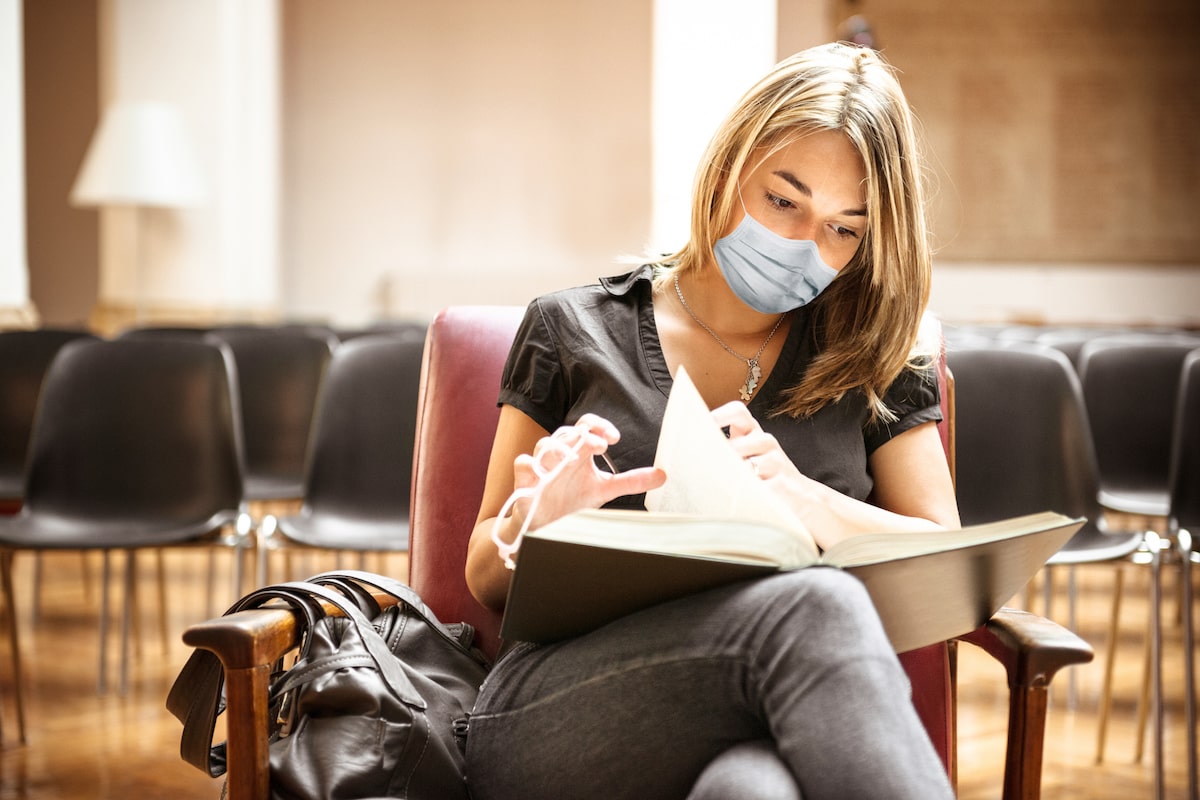Thanksgiving break, traditionally the first extended return home for most college students each fall as they spend time with family and friends, this year looks like one more hurdle in the COVID-19 marathon.
Many college campuses have been ravaged by the virus, with students learning remotely from their dorm rooms. With the holiday break looming, however, their migration home poses a risk to the loved ones they long to see and their hometown communities.
Being tested for COVID-19 before they leave campus is an important, and recommended, precaution. Many colleges are requiring a negative test before students can leave campus for the break. Testing, however, is not a guarantee because of the virus’ incubation period, which can stretch up to 14 days, according to Dr. Faiqa Cheema, an infectious disease specialist with Hartford HealthCare.
“Even if you may have tested negatively on the campus, it will come to a point where you could be at the highest risk of transmitting the virus when you’re sitting down to have Thanksgiving dinner,” she said.
She suggested students self-quarantine from now to the holiday and wear a mask around family members and friends when they are home. To get home from campus, she said driving is the safest mode of transportation when possible.
“If you make the decision to fly home for Thanksgiving, it comes with its own set of risks,” Dr. Cheema said.
To combat them, she added, “You’re wearing your mask, you’re not eating on the plane, you’re using your hand sanitizer and avoid sitting in an airport with crowds.”
It might also be a different sort of holiday reunion this year, with fewer people around the table in order to lower the risk of COVID-19 transmission from the college campus. She suggested families discuss the celebration and examine risk closely.
“I know college kids want to come home and one of the issues of COVID-19 is the profound sense of isolation and separation we’re all feeling,” Dr. Cheema said, although she added that to be safe, students should probably not see any family members who are over the age of 65 or have underlying health issues.
Instead, she urged virtual visits to reconnect with loved ones or outdoor meals to benefit from the fresh air and allow for physical distancing.


